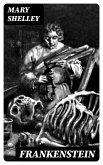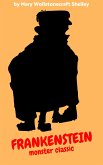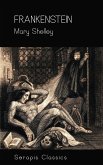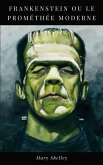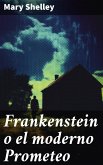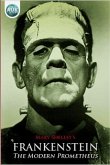In her groundbreaking novel, "Frankenstein," Mary Shelley weaves a rich tapestry of Gothic horror intertwined with profound philosophical inquiry. Through the tragic story of Victor Frankenstein and his monstrous creation, Shelley explores themes of ambition, the quest for knowledge, and the ethical implications of scientific endeavor. Written in the early 19th century, amidst the backdrop of the Industrial Revolution and Romanticism, the book employs a structured narrative style, blending epistolary elements with vivid descriptions that evoke both sympathy and terror. Shelley's literary craftsmanship challenges the boundaries of nature and humanity, making the work a precursor to both science fiction and existential literature. Mary Shelley, often heralded as the mother of science fiction, crafted "Frankenstein" at a remarkably young age during a summer in 1816 spent in Switzerland with Lord Byron and Percy Bysshe Shelley. The intellectual exchanges and personal tragedies surrounding her life, including the death of her mother and her tumultuous relationship with Percy, deeply influenced her exploration of creation, loss, and the human condition. Her unique perspective as a woman writer in an era dominated by men adds an essential layer of critique regarding gender roles in both science and society. "Frankenstein" is a must-read for anyone interested in the philosophical dilemmas posed by scientific advancements and the responsibility that comes with creation. Shelley's work remains profoundly relevant, prompting readers to reflect on the consequences of humanity's relentless pursuit of knowledge and the moral questions it raises. Dive into this timeless exploration of creation and consequence, and discover the unsettling yet thought-provoking narrative that continues to capture the imagination.
Dieser Download kann aus rechtlichen Gründen nur mit Rechnungsadresse in A, B, BG, CY, CZ, D, DK, EW, E, FIN, F, GR, H, IRL, I, LT, L, LR, M, NL, PL, P, R, S, SLO, SK ausgeliefert werden.



